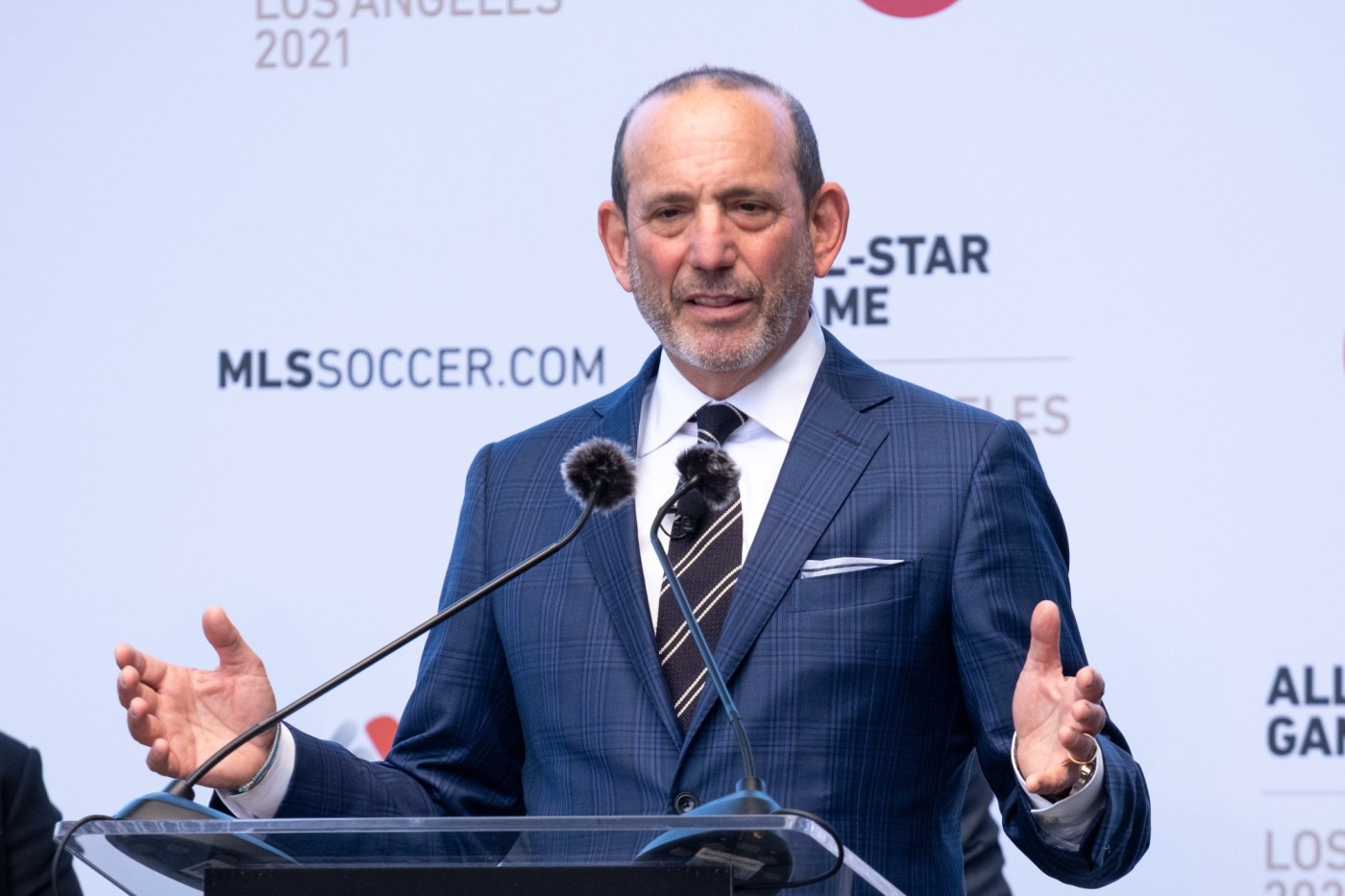Major League Soccer (MLS) is set to undergo a significant transformation to its competition calendar, transitioning to a summer-to-spring format starting with the 2027 season. This decision, announced during the Board of Governors meeting in Florida on October 5, 2023, aims to align MLS with the schedules of top soccer leagues around the globe.
The current MLS season, which begins in February and concludes with the playoffs in December, will see a major overhaul. The 2027-28 regular season will kick off in “mid-to-late” July 2027, with the playoffs and MLS Cup scheduled for May 2028. This adjustment includes a winter break from mid-December through early February, eliminating all league matches in January.
Don Garber, MLS commissioner, emphasized the importance of this decision, stating, “Our owners made a decision that I think is one of the most important decisions in our league’s history.” The shift aims to reduce competition for viewership during the playoffs and align with international transfer windows, allowing MLS to tap into a broader market for player acquisition.
With the current collective bargaining agreement between MLS and the MLS Players Association (MLSPA) set to expire in 2027, this transition may foster new negotiations. The league confirmed ongoing discussions with the MLSPA to finalize a transition plan. “This is an opportunity for us to eliminate the competition that we had for our playoffs as they exist today,” Garber added.
In preparation for this calendar change, MLS will implement a “transition season” from February to May 2027, featuring a 14-game regular season, playoffs, and the MLS Cup. The outcomes of this season will determine qualifications for prestigious competitions such as the Lamar Hunt U.S. Open Cup and the CONCACAF Champions Cup.
While specifics regarding the new regular-season and playoff formats remain undecided, the league is dedicated to refining these elements. Garber noted, “No final decisions have been made” on these topics.
Coaches and executives have voiced support for the calendar shift. Greg Vanney, coach of the LA Galaxy, expressed his endorsement, stating, “I think there’s a time and that it’s necessary and it’s good for the league.” He highlighted the importance of synchronizing the primary transfer window with global trends, which could reduce costs and increase player availability.
The decision follows a comprehensive two-year process that included input from clubs, fans, and the MLSPA. “Moving to the international calendar is going to be a massive game changer, especially for roster building,” said Will Kuntz, Galaxy general manager. “It finally allows us to operate in sync with the global transfer market.”
As MLS embarks on this transformative journey, the shift to a summer-to-spring season promises to enhance its standing within the international soccer community, paving the way for future growth and development.







